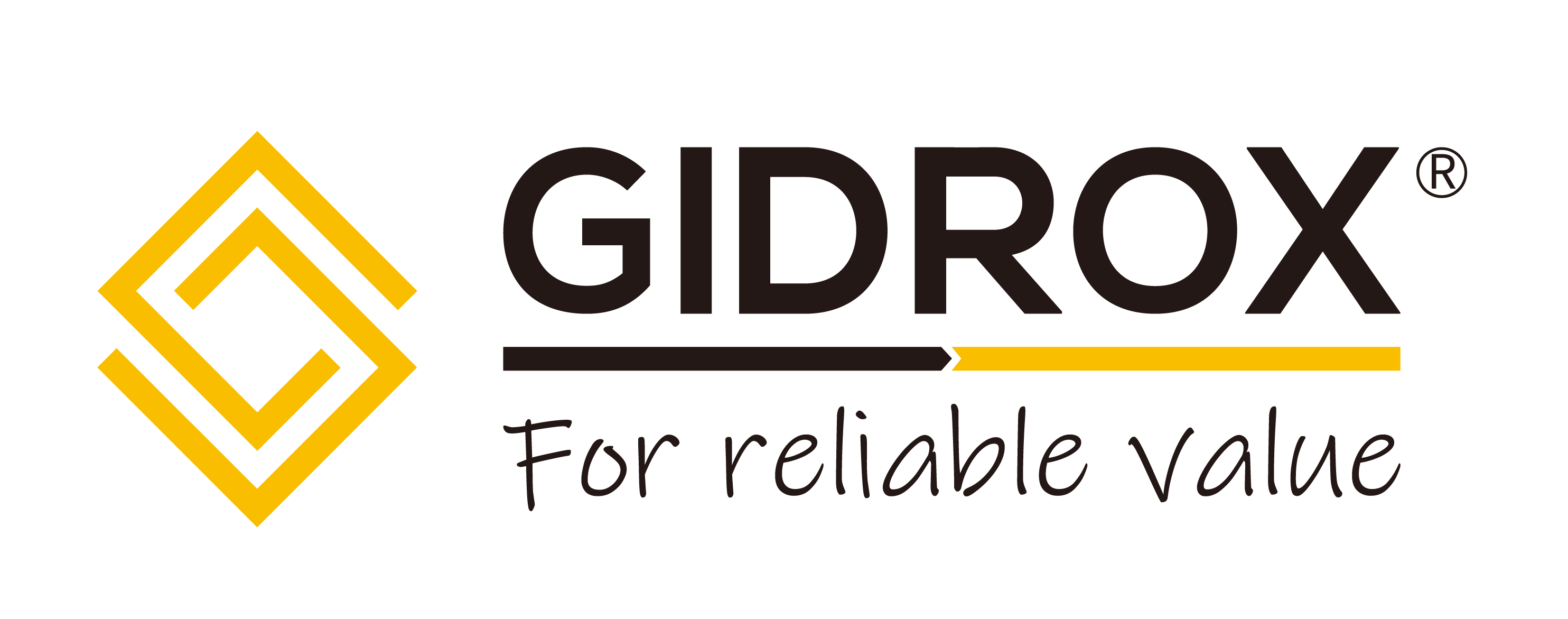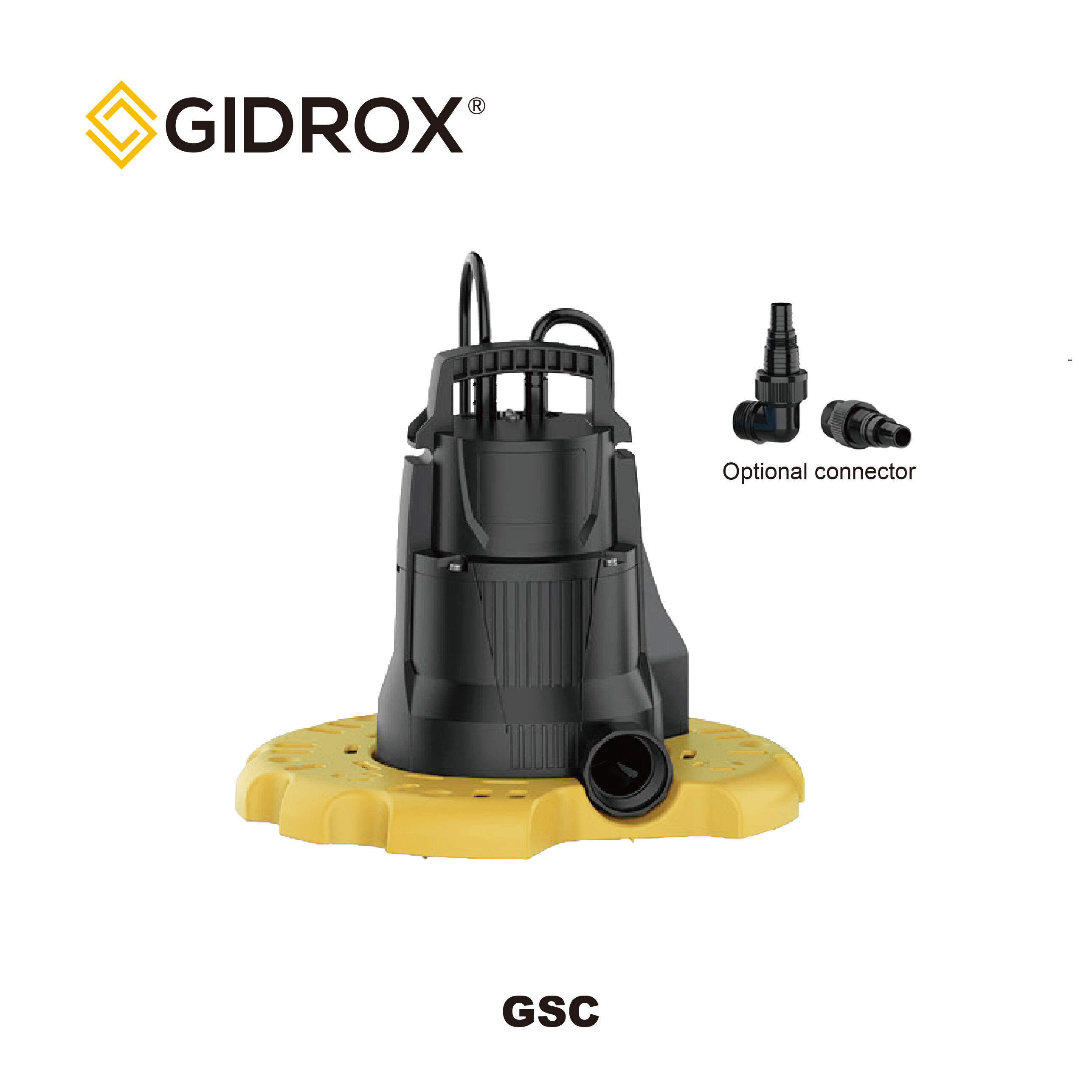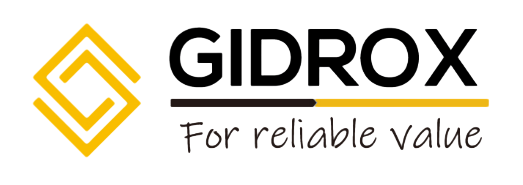In the case of B2B consumers, the choice of a pool cover pump supplier is an essential business decision, since it directly affects the quality of goods and the stability of supply chain, which brings success to customer satisfaction. With a wide range of options of pool equipment manufacturers to choose, it is important to select the key evaluation criteria so that the best partner is found to meet your wholesale pool pumps requirements. The key considerations when learning how to source pool cover pumps with a high degree of effectiveness have been listed below, such as differences in pool manufacturing areas and B2B pool supply chain considerations.
Core Manufacturing Capability & Quality Control:
Technical Expertise: Judge the expertise of the manufacturer on hydraulics, motor efficiency, freeze thaw resistance and automated sensor technology. Ask about special R&D initiatives
Manufacturing: Some certifications to look out for are ISO 9001, and inquire on quality control measures, such as component inspection, end-test procedures (e.g., the flow rate, head pressure, durability).
Part Source: Have a view into what the major parts are sourced from and how sub-suppliers are qualified. Here uniformity of products is essential in producing quality products over a long period of time.
Product Performance & Reliability:
Accuracy in Specification: Ask again to see tight specs (flow rate, max head, power used, temperature range) and the ability to show that specification is being met lot-to-lot.
Durability & Lifespan: assess the products based on rust resistance and design life. If they do not give you MTBF (Mean Time Between Failures) data then ask them.
Safety/certifications: Ensure that the product is compliant to international standards (CE, UL/cUL, IP ratings) and that required certifications are up to date and valid.
Capacity, Scalability & Supply Chain Stability:
Production Volume and Lead Times: Measure their capacity to take your order quantities, seasonal demand and so on. Enquire of any scalability solutions on later expansions.
Supply Chain Resilience: Ask them about how they manage component shortage, logistics and inventory of raw materials.
Logistics And Shipping: Evaluate their track record of shipping abroad and shipping via B2B, Incoterms, and documentation. Efficient logistics decrease the cost and delivery time.
Customization & Flexibility:
OEM Pool Cover Pump Services: Will they customize bulk orders, like to changing private labelling, packaging modifications, voltage adjustments or slight design changes? Enquire about price, MOQ and lead times.
Responsiveness: See how well they can respond to special requests or troubleshoot an unusual problem.
Commercial Terms & Transparency:
Pricing Structure: Gain an understanding of their pricing structure (volumes discount, payment terms, EXW/FOB and so on). Shun underground prices
Minimum Order Quantities (MOQs): Make sure that their MOQs are commensurate with your inventory policy and procurement abilities.
Contract clarity Confirm, all terms are clear and fair and quality, delivery, liability, IP terms have been clearly stipulated.
After-Sales Support & Warranty:
Warranty Terms: Check the warranty period, warranty coverage, and claim procedures.
Technical Support: Assess the readiness and level of the technical support team/s to the installer and end-users.
Spare Parts: validate the long-term supply of vital spare parts.
Reputation & Communication:
Industry Reputation: Get references or testimonials of other distributors or other B2B clients. Research their performance history of on schedule and competent problem resolution.
Communication: Select a manufacturer that is pro-active, communicates clearly and in your language of choice.
Regional Manufacturing Considerations:
In appraising manufacturers, one should take into consideration the regional differences:
China: Can be more competitive, and very scalable, but more time consuming and possible communication/language barriers.
Mexico: Is close to the US market, shipping will take less time and the manufacturing potential is increasing, but may not quite have the capacity of Asian suppliers.
Generally, high level of control and communication is easy but expensive. Suitable with premium orders or orders that are tailor made.
Supplier Evaluation Checklist Table
| Evaluation Dimension | Key Questions to Ask | What to Look For |
| Technical Capability | R&D investment? Technology expertise? | ISO certification, test reports |
| Product Quality | Batch consistency? Durability? Safety certs? | MTBF data, material specs, CE/UL marks |
| Supply Chain & Logistics | Lead times? Scalability? Shipping terms? | Incoterms understanding, inventory policy |
| Customization (OEM/ODM) | MOQ? Design changes? Labeling? | Sample policy, design flexibility |
| Commercial Terms | Pricing transparency? Contract clarity? | Clear MOQs, payment terms, no hidden fees |
| After-Sales & Warranty | Warranty length? Parts availability? | Support response time, spare parts stock |
| Reputation & Communication | References? Communication efficiency? | Client testimonials, proactive updates |
Evaluation in Action:
Supplement the brochures and websites. They can test reports, provide certifications and samples of their products. Control factory audit (online or on-site). Participate in technical and commercial dialogue to understand compatibility to your demands. Put everything on paper.
Table of Contents
- Core Manufacturing Capability & Quality Control:
- Product Performance & Reliability:
- Capacity, Scalability & Supply Chain Stability:
- Customization & Flexibility:
- Commercial Terms & Transparency:
- After-Sales Support & Warranty:
- Reputation & Communication:
- Regional Manufacturing Considerations:
- Supplier Evaluation Checklist Table
- Evaluation in Action:

 EN
EN










































 ONLINE
ONLINE